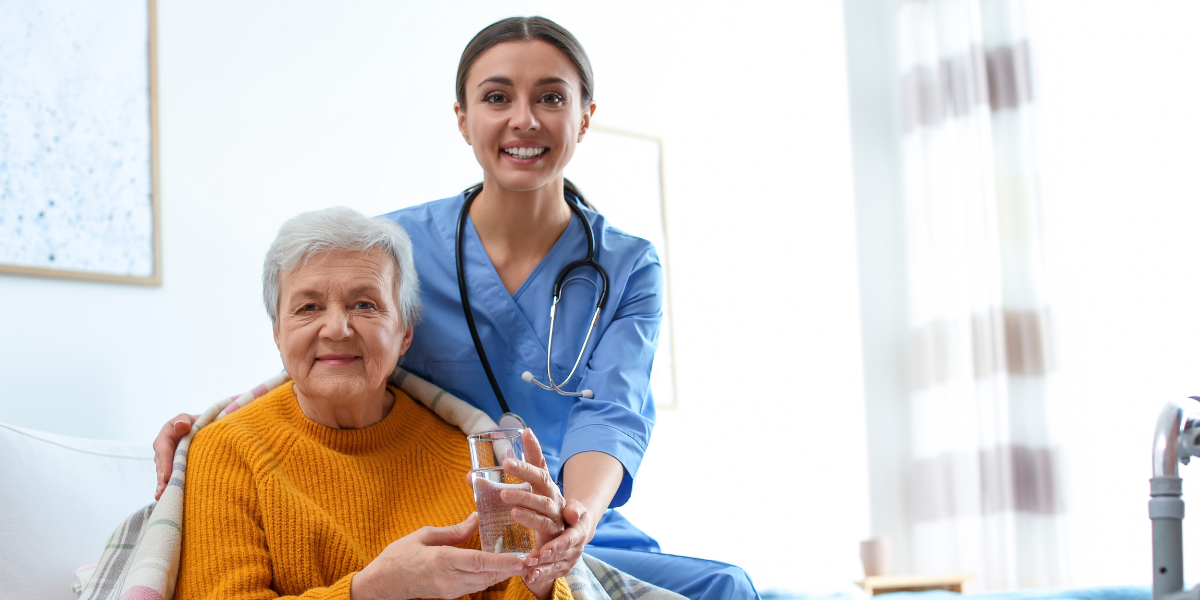Vital signs, the fundamental measurements of a person’s health, are especially critical for seniors. These simple readings—blood pressure, heart rate, respiratory rate, and body temperature—can provide valuable insights into a senior’s overall health and well-being.
Why are Vital Signs Important for Seniors?
As we age, our bodies undergo various changes, making us more susceptible to health issues. Regular monitoring of vital signs can help:
-
Early Detection of Health Problems:
- Heart Disease: Elevated blood pressure or irregular heart rate can be early indicators of heart disease.
- Respiratory Issues: Changes in respiratory rate can signal potential lung problems.
- Infection: Fever can be a sign of infection, especially in seniors who may not exhibit typical symptoms.
-
Effective Medication Management:
- Blood Pressure Medication: Regular blood pressure checks help ensure that medication is working effectively and not causing side effects.
- Heart Medication: Monitoring heart rate can help adjust medication dosages as needed.
-
Improved Quality of Life:
- Early Intervention: By identifying health issues early, prompt medical intervention can prevent complications and improve quality of life.
- Peace of Mind for Caregivers: Knowing a senior’s vital signs are within normal limits can provide reassurance to caregivers.
How to Monitor Vital Signs at Home:
While regular doctor visits are crucial, home monitoring can supplement professional care. Here are some tips:
- Blood Pressure Monitor: Invest in a reliable home blood pressure monitor and use it regularly.
- Pulse Oximeter: This device measures blood oxygen levels, which can be important for seniors with respiratory conditions.
- Thermometer: A digital thermometer is convenient for checking body temperature.
- Regular Check-ins: Encourage seniors to take their vital signs daily or as recommended by their doctor.
- Record Keeping: Keep a log of readings to track trends and share with healthcare providers.
When to Seek Medical Attention:
If a senior’s vital signs deviate significantly from their baseline or if they experience any unusual symptoms, it’s important to consult with a healthcare provider promptly.
By prioritizing regular vital sign monitoring, we can empower seniors to live healthier, happier lives.


